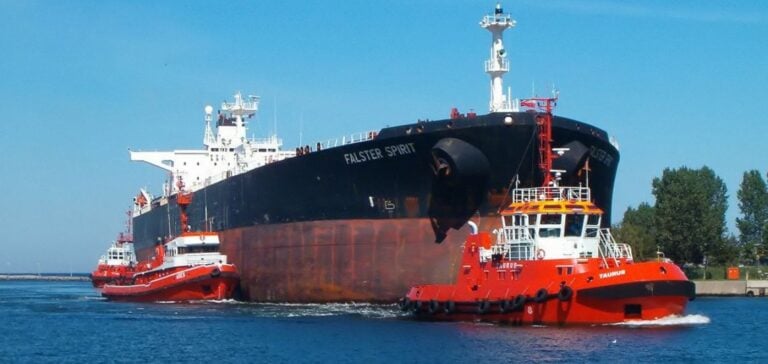The $20 billion refining complex, built by Aliko Dangote, is producing low-grade diesel until the units needed to produce cleaner fuels are re-commissioned, prompting the plant to seek buyers in neighboring markets.
Increased exports and regional impact
The refinery’s diesel exports reached nearly 100,000 barrels per day (b/d) in May, almost doubling April’s levels, according to data from analysis company Kpler. The majority of exports were destined for other West African countries, with one shipment going to Spain. In June, diesel volumes fell, although overall exports of petroleum products, including fuel oil, naphtha and aviation fuel, remained relatively high at 225,000 b/d. A European distillate trading source said the refinery had “altered the balance in West Africa”, affecting European markets. Gasoil exports from the EU, UK and Belgium to West Africa hit a four-year low of 29,000 b/d in May, while Russian exports to the region fell to an eight-month low of 87,000 b/d in May.
Challenges and local regulations
The Dangote complex also sells high-sulfur diesel fuel on the Nigerian market, but faces a dispute with local fuel retailers over the sale of this fuel. The Nigerian Petroleum Act, adopted in 2021, imposes a sulfur content of 50 parts per million (ppm) in line with the ECOWAS standards adopted in 2020. However, the regulator had authorized the sale of gasoil above 200 ppm locally until June to allow local refineries and importers to comply with the new standard. While European countries, including major hubs such as Belgium and the Netherlands, are tightening rules on exports of high-sulfur diesel, cargoes from the Dangote refinery are finding buyers in regions with less stringent standards.
Outlook and Future Adaptation
According to a commercial source familiar with the specifications, the refinery currently produces and exports diesel with a sulfur content of 800-1,300 ppm, well above the 200 ppm limit. However, the company said it was on track to achieve a sulfur content of 10 ppm soon. “We have commissioned the equipment and it will be done in two weeks,” said Davakumar Edwin, an executive at the Dangote refinery. In a press release last week, Dangote announced that they are gradually working towards compliance with the new standard. Dangote’s exports continue to reshape the regional diesel market, highlighting the adjustments needed for European and local competitors.






















